Watch on YouTube or listen on Anchor, or wherever podcasts are heard
This week’s Friday Five comes in the form of a chart with activities to help you make a difference.
Trade Guilt for Action
| Group | Activity |
| Littles (preK–grade 3) | Have students pair up and make Venn diagrams comparing and contrasting themselves and their partner. Have them talk about the ways they are the same and how they are different. Ask students why differences are important and how they enrich a group. Make a class pledge to be kind and inclusive. |
| Middles (grades 4–7) | Have students make the same kind of Venn diagram but extend choices to more complex ones like identity, beliefs, and favorite music genres. Ask students why choices and identities should all be valued equally. Stress the importance of respecting one another and have them create a poster or digital flyer campaign to be a visual reminder of what they learned. |
| Secondary | Have groups research divergent ideological profiles like Christian and Muslim; Republican and Democrat; socialist and capitalist, etc. Have them examine the similarities between the divergent pairs and discuss why they think there is often such strife between groups. Have students pose solutions and create a “say this, not that” chart to help students respond more respectfully to those with whom they disagree. |
| Staff | Have staff complete the high school activity and discuss how talking about divergent ideologies impacts their teaching. Have educators role play to come up with ways to ensure respectful, civil disagreements in the classroom. |
| Parents and Community | Send student exemplars of the various activities home in a newsletter. Offer prizes for students and families who come up with their own activities to become more mindful of biases and “othering”. |
When talking about creating more equitable systems in education and beyond, there are so many triggering phrases. “White fragility, White supremacy, White guilt, White privilege…it’s understandable that districts and politicians fight against the propagation of curriculum the feel includes language that makes students feel guilty for being White.
What Do You Hope to Achieve?
What do those phrases achieve? Do they cause good guilt, the kind that moves people to moral action? Or do they just make people feel bad and shut down? My guess is, the latter. When we use language that causes people to turn away before looking critically at why they feel bad, we miss the mark. The goal of talking about systemic inequities is to create more equitable systems. That can only happen when we use persuasion. Yes, guilt works (helLO, how many of us never miss gatherings and events out of a sense of guilt and obligation). But while guilt and obligation sometimes get compliance, they don’t produce change.
In Finding Your Blind Spots, I talk about going for less guilt and more accountability. What can you be accountable for TODAY that will take a small bite out of inequities that you see in the world? What can you learn today that will impact your students positively, especially those who may lack equal access and opportunities? Most of all, what guilt can you let go of? When you look critically at the systems that marginalize and disenfranchise some, what actions can you take to make them better?
Action and Accountability
The best anecdote for guilt is action. Feel bad about not going to the gym? Go to the gym. Feel bad about eating too much junk food? Eat salad. Feel bad that so many stories are missing in current curricula? Find additional stories or teach your kids research and media literacy skills and let them find stories.
I understand that those words and terms have validity, but so does knowing that ‘these jeans really do make my butt look big’. Depending on how I feel about my butt and who tells me that it looks big, that phrase just might make me give up jeans to hide under mumus and big roomy tops. What is our purpose in using terms like White guilt and White fragility? Who is the audience? Where are they on their journey and what action will those words cause them to take? Will using those phrases help or hinder?
Go for the Goal
I don’t advocate tiptoeing around feelings or helping people to keep blinders on. There are inequities baked into our systems that we need to change; and that’s not comfortable to talk about. However, when we talk about the changes that need to take place, let’s do so in a way that makes a positive difference. If that means we use a spoonful of sugar to get the medicine to go down, so be it. Keep the end goal in view.
And if you need some sugar, let me know. I have extra.
